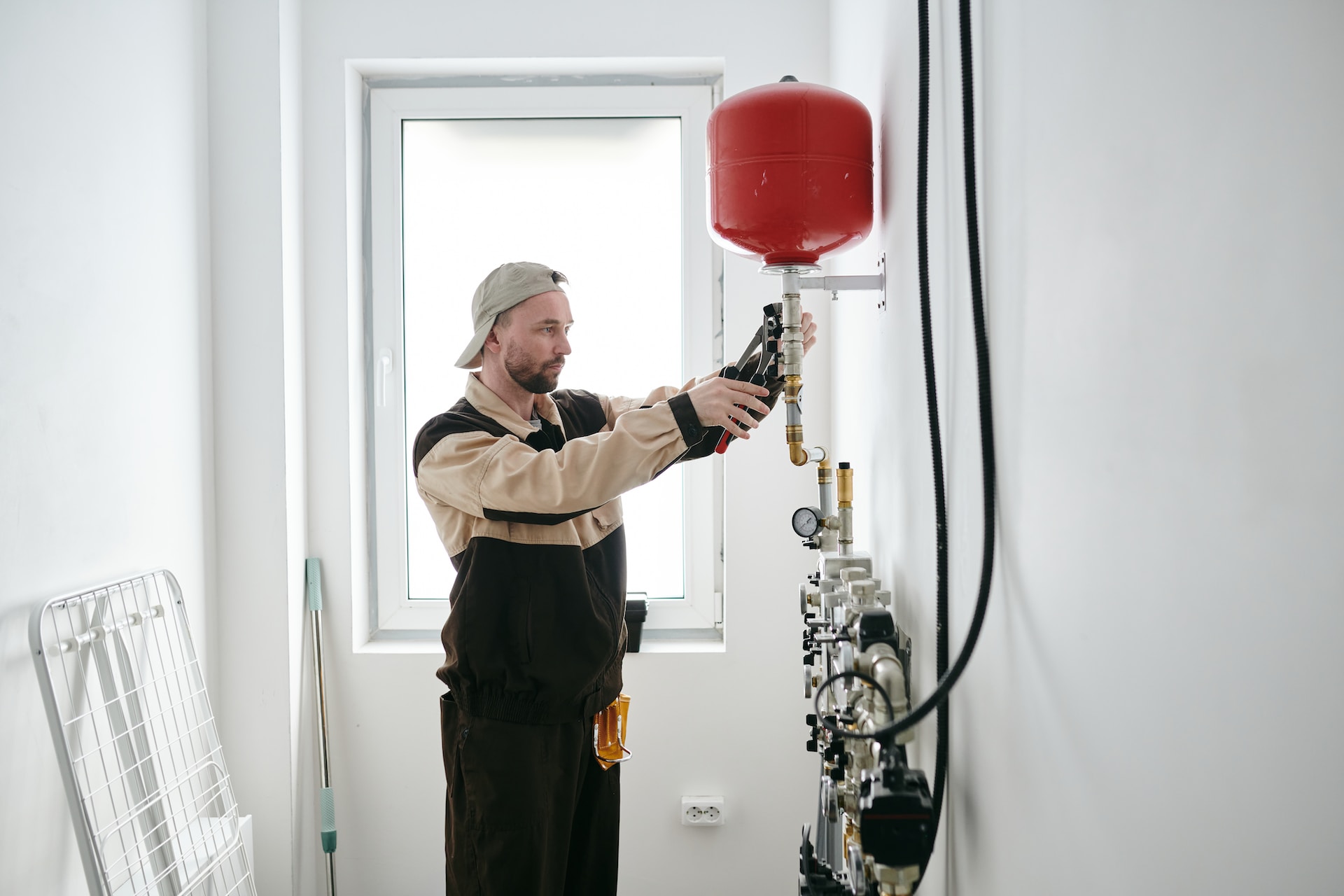Proactive Plumbing: Tips to Prevent Clogged Drains at Home
Dealing with a clogged drain is one of those unexpected and inconvenient household issues that can throw off your day. But fear not! With a bit of proactive care, you can keep your drains flowing smoothly and avoid the headache of clogs. In this blog post, we’ll explore some practical and easy-to-implement tips to keep your plumbing in tip-top shape and prevent clogged drains.
Contents
- 1 1. Mindful Disposal: The First Line of Defense
- 2 2. Grease Be Gone: Dispose of Cooking Oil Responsibly
- 3 3. Regular Hot Water Flushing: A Simple Ritual
- 4 4. DIY Drain Cleaning: The Gentle Approach
- 5 5. Hair Today, Gone Tomorrow: The Shower Struggle
- 6 6. Watch What You Flush: Keep It Simple
- 7 7. Tree Roots and Pipes: An Unlikely Battle
- 8 8. Regular Professional Inspections: Plumbing Check-ups
- 9 9. Invest in Quality Plumbing Fixtures: Long-Term Gain
- 10 10. Educate Your Household: Teamwork Makes the Dream Work
- 11 11. Stay Alert to Warning Signs: Early Detection is Key
- 12 12. Emergency Preparedness: Know When to Call in the Pros
1. Mindful Disposal: The First Line of Defense
Let’s start with the basics. What goes down the drain matters. Avoid treating your kitchen sink like a trash can. Coffee grounds, grease, and leftover food particles can quickly accumulate and form stubborn clogs. Invest in a sink strainer to catch those pesky bits before they cause trouble. Your pipes will thank you!
2. Grease Be Gone: Dispose of Cooking Oil Responsibly
Pouring hot grease down the drain might seem like a quick solution, but it’s a recipe for disaster. As the grease cools, it solidifies and sticks to the pipe walls, creating a sticky trap for other debris. Instead, let grease cool in a container, then toss it in the trash. Better yet, find a local recycling center that accepts used cooking oil.
3. Regular Hot Water Flushing: A Simple Ritual
Think of hot water as your plumbing’s best friend. Once a week, let hot water run through your drains for a few minutes. This simple act helps melt away potential buildups, keeping your pipes clear and happy. It’s a small gesture with big preventive benefits.
4. DIY Drain Cleaning: The Gentle Approach
When it comes to drain cleaning, skip the harsh chemicals. Opt for a more eco-friendly solution by mixing equal parts baking soda and vinegar. Pour this magical concoction down the drain, let it fizz, and follow it up with hot water. It’s a gentle yet effective way to break down grease and clear minor clogs.
5. Hair Today, Gone Tomorrow: The Shower Struggle
Hair is one of the most common culprits behind shower drain clogs. Install a drain cover to catch those loose strands before they become a problem. Periodically remove the cover, clean it, and dispose of the collected hair. It’s a simple step that can save you from a major plumbing headache down the road.
6. Watch What You Flush: Keep It Simple
Toilets are not garbage disposals. Flushing items like cotton balls, wipes, and hygiene products can lead to blockages. Stick to flushing only human waste and toilet paper. Teach everyone in your household this simple rule, and you’ll significantly reduce the risk of toilet-related plumbing issues.
7. Tree Roots and Pipes: An Unlikely Battle
While it might seem like an odd pairing, tree roots and pipes often engage in an underground battle. Tree roots seek out water sources, and unfortunately, that can lead them straight to your pipes. If you have trees close to your sewer line, consider consulting with a professional to assess potential risks and take preventive measures.
8. Regular Professional Inspections: Plumbing Check-ups
Just like your annual doctor’s visit, your plumbing needs a check-up too. Schedule regular inspections with a professional plumber to catch potential issues before they become disasters. A proactive approach can save you both time and money in the long run.
9. Invest in Quality Plumbing Fixtures: Long-Term Gain
Quality matters when it comes to plumbing fixtures. Invest in well-made pipes, faucets, and other components. While it might be tempting to cut costs on these items, cheap fixtures are more prone to leaks and corrosion, leading to potential clogs and other plumbing nightmares.
10. Educate Your Household: Teamwork Makes the Dream Work
Lastly, spread the knowledge. Educate everyone in your household about the do’s and don’ts of plumbing care. When everyone is on the same page, you’re more likely to maintain a clog-free and smoothly running plumbing system.
11. Stay Alert to Warning Signs: Early Detection is Key
Keeping an eye out for warning signs can help you catch potential plumbing issues before they escalate. Slow drains, gurgling sounds, or unpleasant odors emanating from your sinks can be early indicators of a looming problem. Don’t ignore these signals; address them promptly to prevent a minor inconvenience from turning into a major headache.
12. Emergency Preparedness: Know When to Call in the Pros
While preventive measures are fantastic, it’s essential to acknowledge that sometimes, despite our best efforts, plumbing emergencies can still occur. Knowing when to call in professional help is crucial. If you’re dealing with a persistent clog, water backup, or any issue beyond your DIY expertise, don’t hesitate to contact a qualified plumber. It’s an investment that can save you from more extensive and costly repairs in the future.
In conclusion, proactive plumbing is all about adopting good habits and making thoughtful choices. By being mindful of what goes down your drains and taking simple preventive measures, you can keep your plumbing in top-notch condition. So, let’s be kind to our pipes and say goodbye to clogs! Your plumbing will thank you for it.

